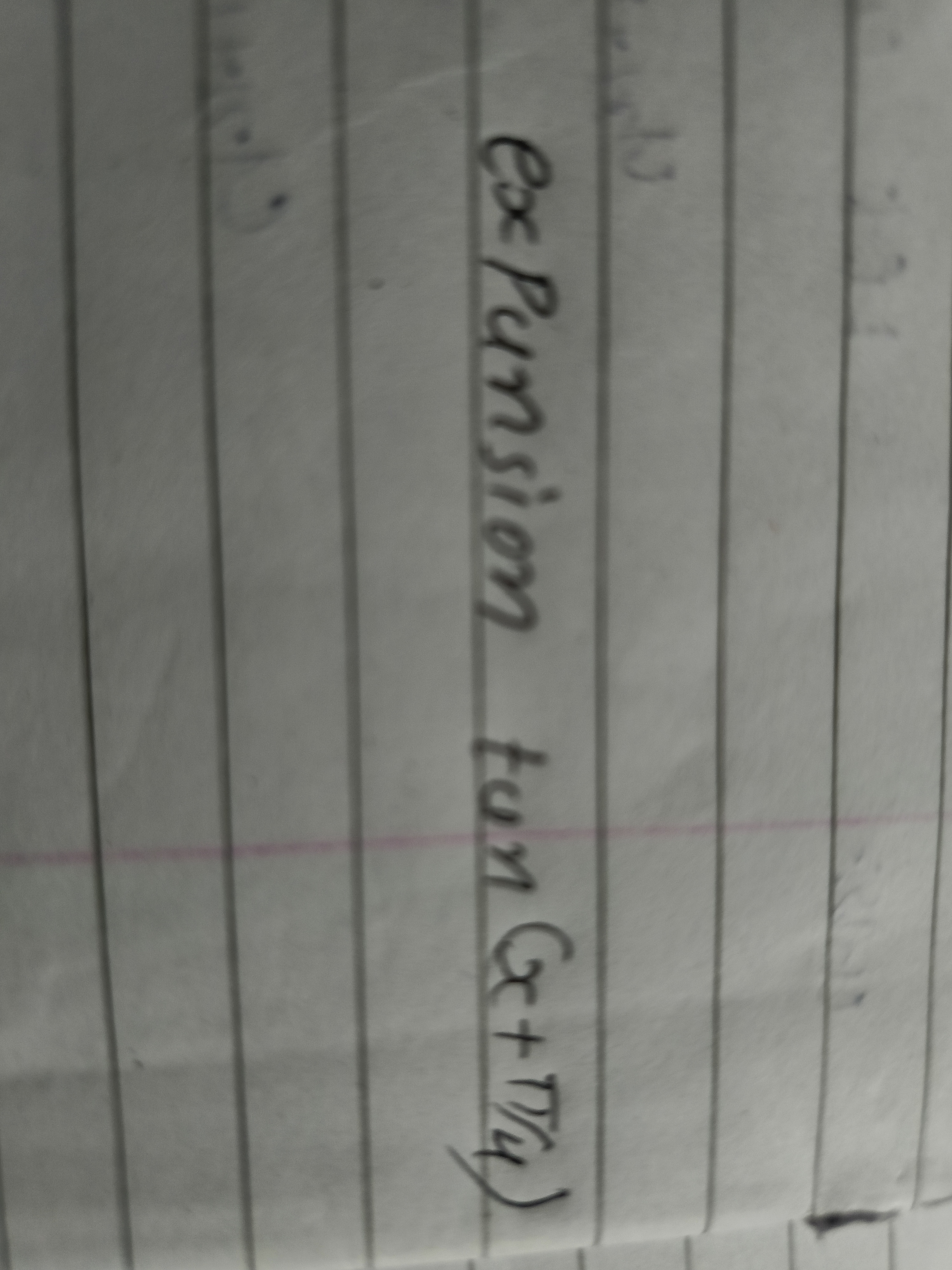Expand tan(G + T)

Understand the Problem
The question is asking to expand the expression tan(G + T). This involves using the tangent addition formula to find the expanded form of the expression.
Answer
The expanded form of $\tan(G + T)$ is $$ \tan(G + T) = \frac{\tan G + \tan T}{1 - \tan G \tan T} $$
Answer for screen readers
The expanded form of $\tan(G + T)$ is
$$ \tan(G + T) = \frac{\tan G + \tan T}{1 - \tan G \tan T} $$
Steps to Solve
- Identify the Tangent Addition Formula
To expand the expression $\tan(G + T)$, we use the tangent addition formula:
$$ \tan(a + b) = \frac{\tan a + \tan b}{1 - \tan a \tan b} $$
Here, we set $a = G$ and $b = T$.
- Apply the Formula
Substituting $G$ and $T$ into the formula gives us:
$$ \tan(G + T) = \frac{\tan G + \tan T}{1 - \tan G \tan T} $$
- Final Expression
So, the expanded form of $\tan(G + T)$ is:
$$ \tan(G + T) = \frac{\tan G + \tan T}{1 - \tan G \tan T} $$
The expanded form of $\tan(G + T)$ is
$$ \tan(G + T) = \frac{\tan G + \tan T}{1 - \tan G \tan T} $$
More Information
This formula is often used in trigonometry, particularly in problems involving angles and their relationships. It's the basis for many calculations in physics and engineering as well.
Tips
- Confusing the Formula: It's important to remember that the denominator is $1 - \tan G \tan T$, not $1 + \tan G \tan T$. This is a common error.
- Mislabeling Angles: Ensure that you clearly identify which angle corresponds to $G$ and which corresponds to $T$ to avoid errors in your solutions.
AI-generated content may contain errors. Please verify critical information